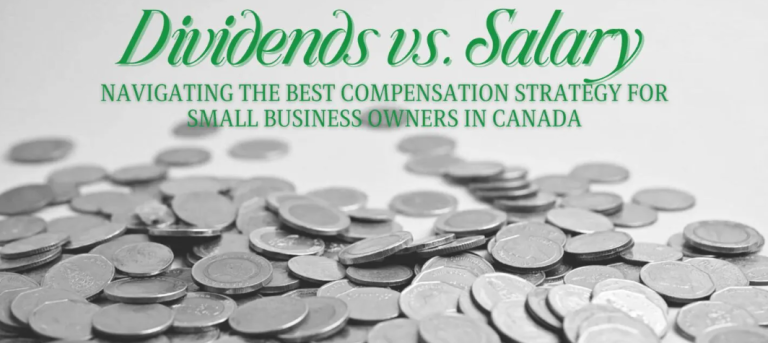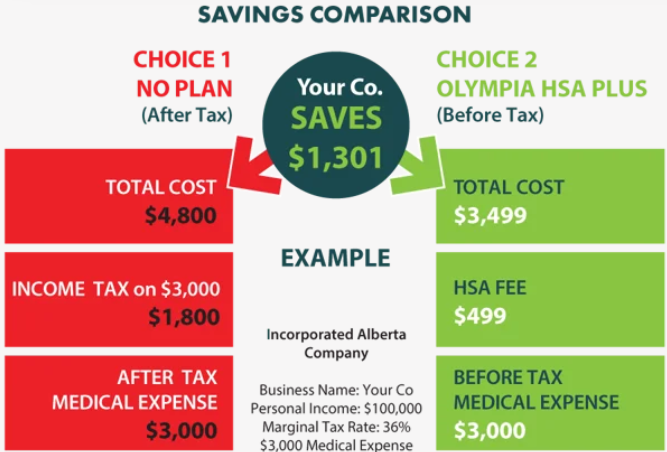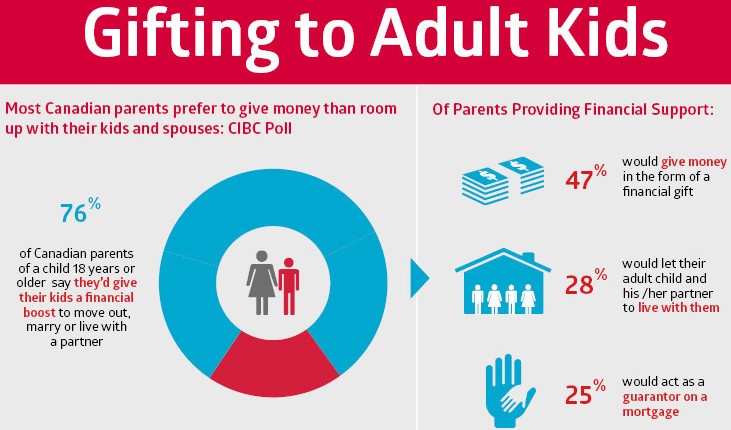Within a few weeks, the world as we know it has change immensely. Germany has been been upping their military might by supplying thousands of defensive weapons to Ukraine. Switzerland has gone from being a staunchly neutral country to one taking a stand with so many other countries, against aggression.
The world is witnessing a hinge moment in history. Everyone recognizes that. Putin has always been a wildcard in world leadership but nobody would have thought he would go this far. Russia though, does have a long history of wars.
The response to Putin’s moves by the West have been swift and calculated (although many have said not swift enough). These have stifled Russia’s efforts. Global sanctions have sunk Russia’s economy into a modern day economic Depression. The freedoms and connections with the free world, those that the Russian people have struggled to achieve, have for the most part, completely disappeared. International flights and sporting events have been cancelled. Before February 24th, the Russian middle class was doing much of what we were doing: going to Starbucks, buying new tech products and taking a holiday in the sunnier parts of Europe. That is no more. Putin has again pulled Russian citizens behind the iron curtain. Hopefully, the majority of Russian citizens will see who the ultimate culprit of this is.
The Investment Winners & Losers During Wartime
In war, everyone loses. The Russian people lose. The Ukraine people, obviously. Even you and I lose, despite being so far removed from the carnage. We still live the war through the videos we watch, the pictures we see and the words we read. However, the opposite is true in the investment world: there can be many winners among the many losers. This time will be no different.
The Russian economy is a very small player on a world scale, representing less than 2% of world’s total economic output (GDP). So, even if the war and sanctions cause a severe recession in both countries, the direct impact on the rest of the world will be minimal.
However, although that simple fact is true, this is just 1 stat. We need to look at the tier 2 and 3 effects major world events can have on the global economy. Cutting off Russia from the rest of the world can and will impact every other country, worldwide. This is because Russia is a lead supplier of 2 main commodities that we widely need, oil and copper. Russia supplies 12% of the world’s oil and 25% of the global supply of copper. Here are some of the contrasts and bright lights that have emerged through this all:
- Countries who supply the same things to the world that Russia does are winning: Chile is one of those since they have many copper companies. The Chilean stock market, loaded with copper companies, is up 17% since January 1st. The tech heavy Nasdaq index in contrast is down 19%.
- A new Europe has emerged: The coordinated response we have seen from the EU points toward a much more unified European Union, rallying around a common set of ideals and principles. The EU’s 30 year history of basic, unemotional connection is now over. Germany is now a strong ally of France. Together, they could be the 2 EU family members who push collectively for spending on defense and energy. History has shown that rivalries between countries has always been the catalyst for massive investment in infrastructure, technology and other innovations. Future economic growth will surprise on the upside in Europe. There are lots of current investment areas that will be huge beneficiaries. I know their are a few of these in our client portfolios (as well as my own).
- Russia’s invasion has accelerated many of the big trends that were already happening: We went through a long period of very low inflation and low economic growth. That time has ended. We are moving to a higher inflation, higher growth (and yes, higher volatility) period, one which could last for many years, if not decades. Within that huge shift, a “great rotation” is now underway. Technology and other “growth” investments are succumbing to the move to less glamorous, out of favour international companies. As well, the long so relied on “safe” investments like government bonds are no longer providing the protection so many relied on them for. This has been very evident over the past few weeks.
Although investment markets are down rather modestly (approx. 10% or so) the collective mindset seems to be more of panic if you look at specific investment areas. There are so many similarities between what we are seeing now to when Covid hit. At times like these, you and I need to be strategic, investiing available cash methodically. This can be done dividing up your available investment cash and investing an pre-determined sum over the next 1, 2, 3 or more months. Set this in place while keeping your eyes looking out beyond the inevitable end to this time in history.
It is tough managing our own emotions. You need to look at investment fundamentals and what the next 1, 2 and 5 years will look like. Make the appropriate investment decisions today based on investment fundamentals not on fluctuations (or worrying that if you invest today, the dollar value of what you see on your portfolio statement is less than what it was 1 or 2 months ago. Doing so is entirely emotional). The truth is there are many companies that are cheaper today yet their business operations really won’t be affected by world events. Some of these include:
- A North American holding company of restaurant chains
- A world leader in supplying connectors for electric vehicles
- A catering company that supplies food services to large events
- A toy company whose enduring brands will soon be in movies
The fact is that downward share price declines on companies that really won’t be impacted should not make you wait to see if they still can get cheaper but rather, are they cheap today? You must act when it is most difficult; jump from the cliff when the wave has pushed the water out. Right now, the water is out.






